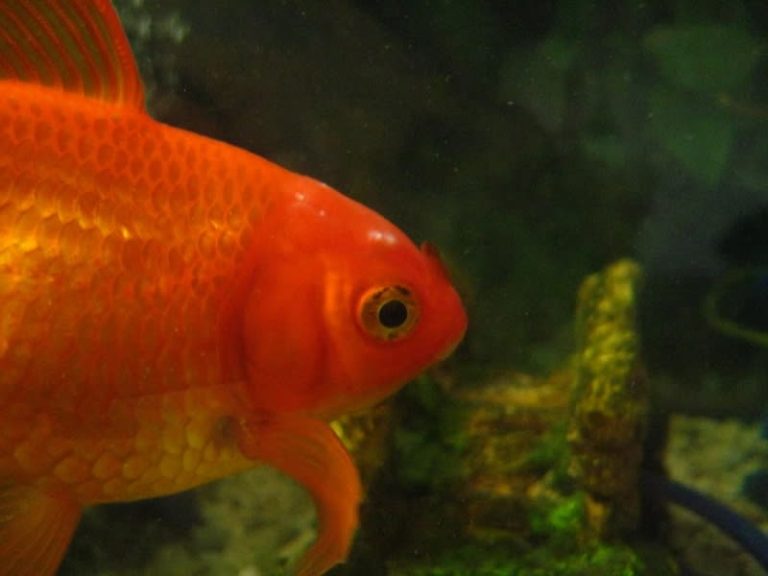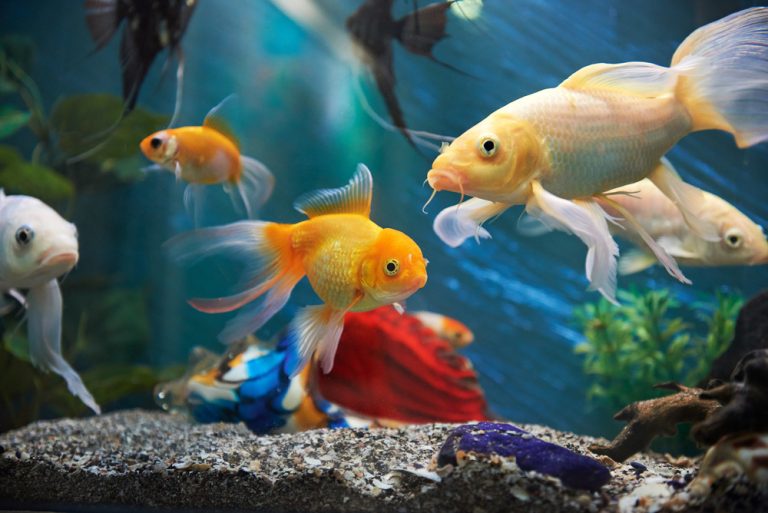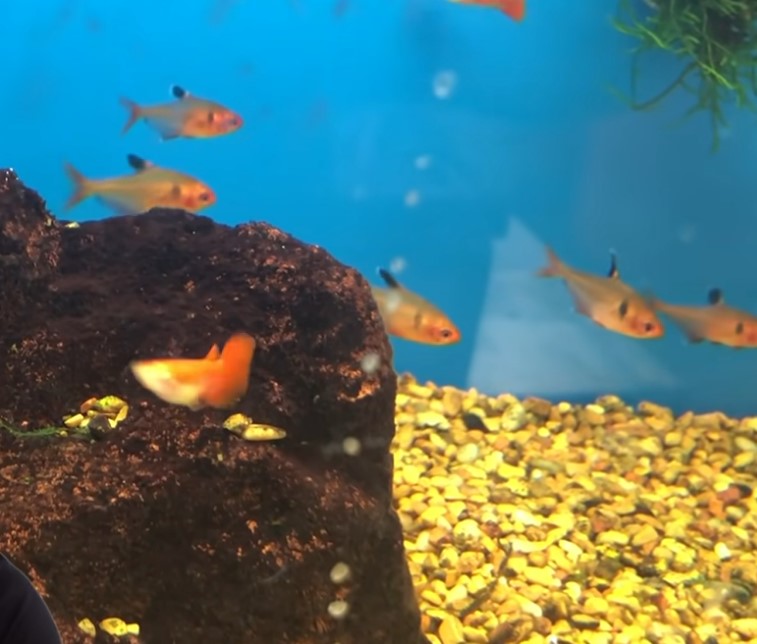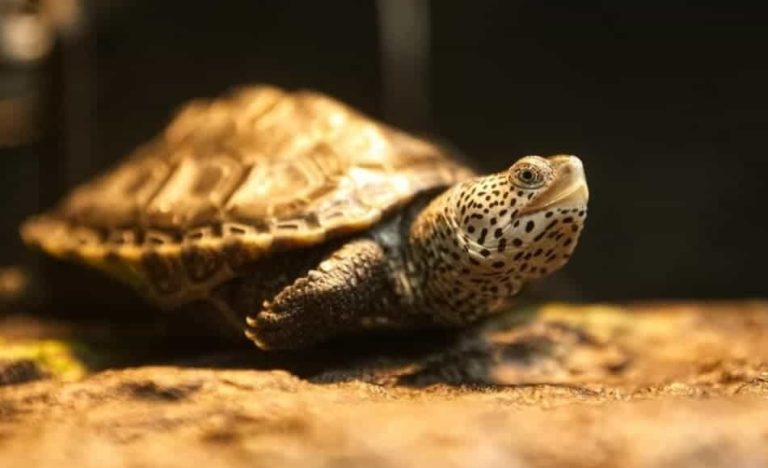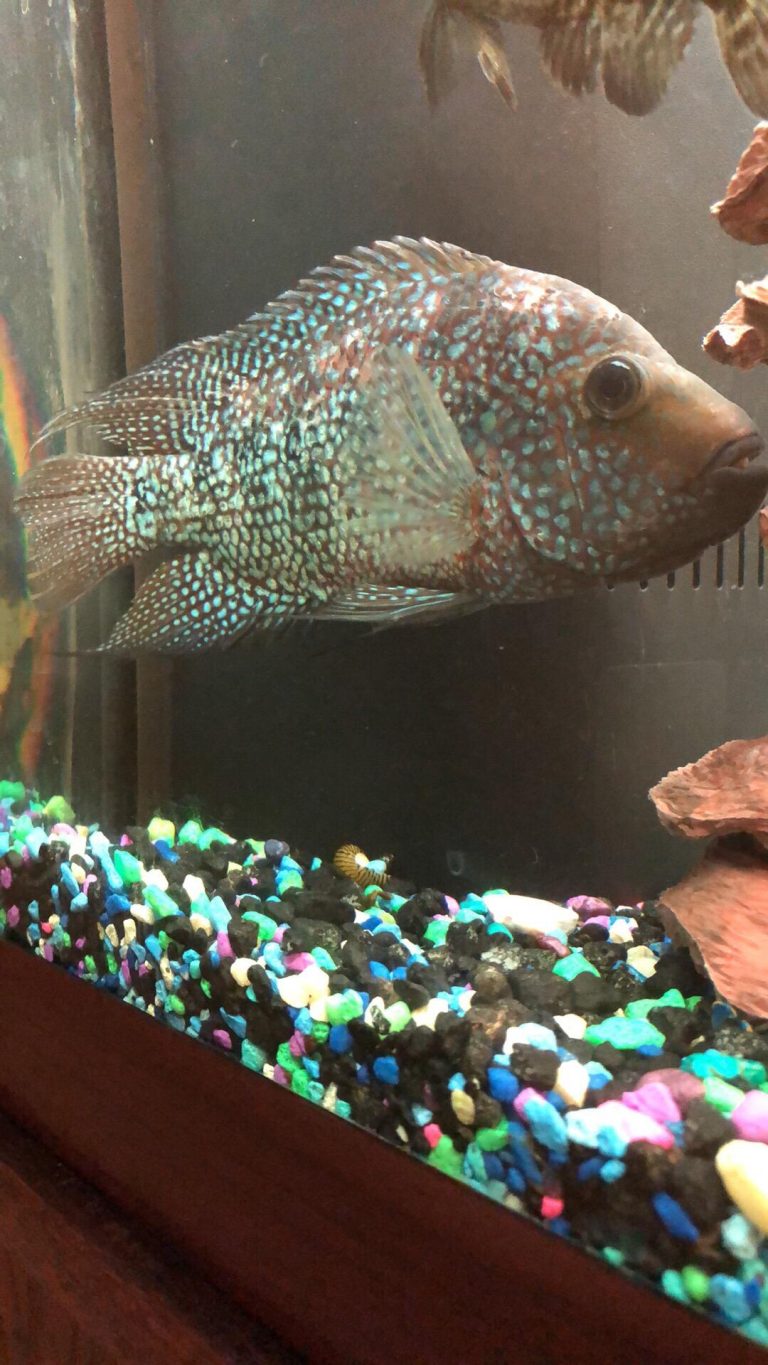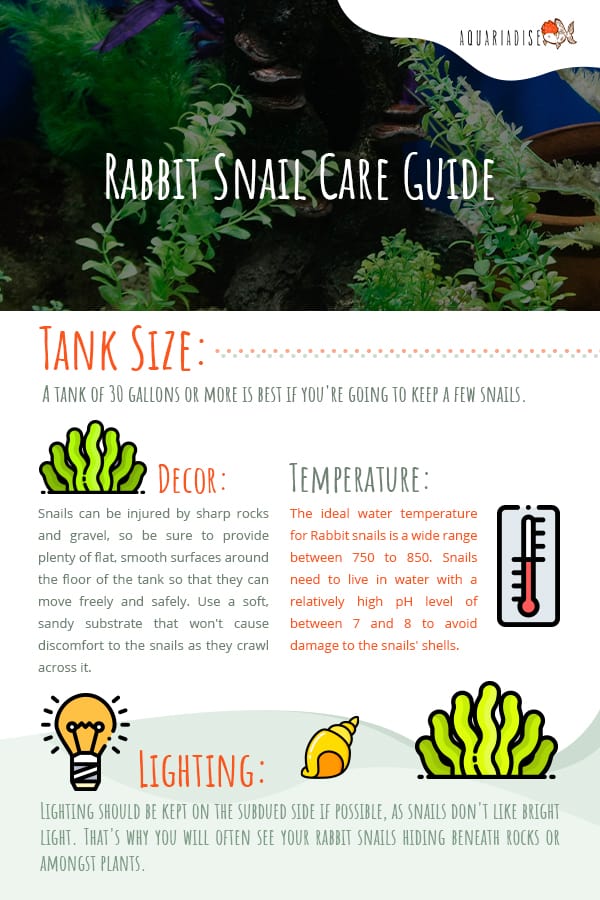How To Care For Sea Monkeys
How to Care for Sea Monkeys: Everything You Need to Know
Sea monkeys, those tiny aquatic creatures that come to life in a jar, are a fascinating addition to any home or classroom. But how do you care for these small, shrimp-like creatures? In this article, we will guide you through the process of caring for sea monkeys, from setting up their habitat to providing them with the proper nutrition. So, let’s dive in and learn how to care for sea monkeys like a pro!
Creating the Perfect Habitat for Sea Monkeys
To ensure the well-being of your sea monkeys, it is essential to create an environment that closely simulates their natural habitat. Here’s how you can set up the perfect home for your sea monkeys:
1. Choosing the Right Container: Start by selecting a suitable container for your sea monkeys. A small fish tank or a clear plastic jar with a lid will work well. Make sure the container is clean and free of any contaminants.
2. Adding Purified Water: Fill the container with purified water, leaving some space at the top for air. Avoid using tap water, as it may contain chemicals like chlorine that can harm your sea monkeys.
3. Adding Sea Monkey Eggs: Now it’s time to introduce the sea monkey eggs into the water. Follow the instructions provided with your sea monkey kit to ensure the correct procedure. Typically, a small packet of eggs is included.

4. Providing Light and Warmth: Sea monkeys require warmth and light to thrive. Keep their container in a location that receives indirect sunlight or place a small aquarium light nearby.
5. Maintaining the Right Temperature: Sea monkeys prefer a temperature range of 70-80°F (21-27°C). Use a thermometer to monitor the water temperature and make adjustments if needed.
6. Feeding Your Sea Monkeys: Sea monkeys are filter feeders and rely on microorganisms for food. Some kits may include a packet of sea monkey food to kick-start the microorganism growth. If not, you can purchase a specialized sea monkey food from a pet store or online.
7. Caring for the Habitat: Regular maintenance is crucial for the well-being of your sea monkeys. Keep the water clean by performing regular partial water changes and removing any debris or uneaten food.
Meeting the Nutritional Needs of Sea Monkeys
Feeding sea monkeys is a key aspect of their care. While they primarily feed on microorganisms, providing supplemental nutrition is essential for their growth and development. Here are some key points to keep in mind when it comes to feeding your sea monkeys:
1. Using Sea Monkey Food: As mentioned earlier, sea monkey kits often come with a packet of specialized food. This food is rich in nutrients and helps support the growth of microorganisms in the water. Follow the instructions provided with the kit to feed your sea monkeys the appropriate amount.
2. Supplementing with Spirulina: Sea monkeys can also benefit from a supplement of spirulina, a type of nutrient-rich algae. You can find spirulina flakes or powder at pet stores or online. Sprinkle a small amount into the tank occasionally to provide additional nutrition.
3. Avoid Overfeeding: It’s important not to overfeed your sea monkeys, as excess food can lead to water pollution and harm their health. Follow the recommended feeding guidelines provided by the sea monkey kit or consult a pet expert for guidance.
4. Observing Feeding Behavior: Monitor your sea monkeys closely during feeding times. If they appear active and consume the food within a few minutes, it’s a sign that they are healthy and well-fed. However, if the food remains uneaten or your sea monkeys seem lethargic, adjust the feeding amounts or seek professional advice.
Frequently Asked Questions
Now that we’ve covered the basics of caring for sea monkeys, let’s address some commonly asked questions about these fascinating creatures.
1: How long do sea monkeys live?
Sea monkeys have a lifespan of around 1 to 2 years, depending on how well they are cared for. With proper nutrition and optimal living conditions, some sea monkeys may live even longer.
2: Can sea monkeys reproduce?
Yes, sea monkeys are known for their ability to reproduce. They lay eggs, which hatch into tiny sea monkeys. With proper care, your sea monkey population may even grow over time.
3: Can sea monkeys interact with humans?
Sea monkeys are not known for interaction or socializing with humans. They primarily serve as an interesting and low-maintenance pet to observe and enjoy.
4: Can sea monkeys survive in saltwater?
No, sea monkeys cannot survive in saltwater. They require freshwater to thrive.
5: Do sea monkeys require oxygen?
Yes, sea monkeys, like any other living creature, require oxygen to survive. Make sure their habitat has enough air circulation to maintain optimal oxygen levels.
Final Thoughts
Caring for sea monkeys can be a unique and educational experience. By providing them with a suitable habitat, the right nutrition, and proper maintenance, you can enjoy watching these fascinating creatures grow and thrive. Remember to monitor their health regularly and make adjustments as needed. So, why not bring a little slice of the ocean into your home with these captivating sea monkeys? Happy sea monkey keeping!

